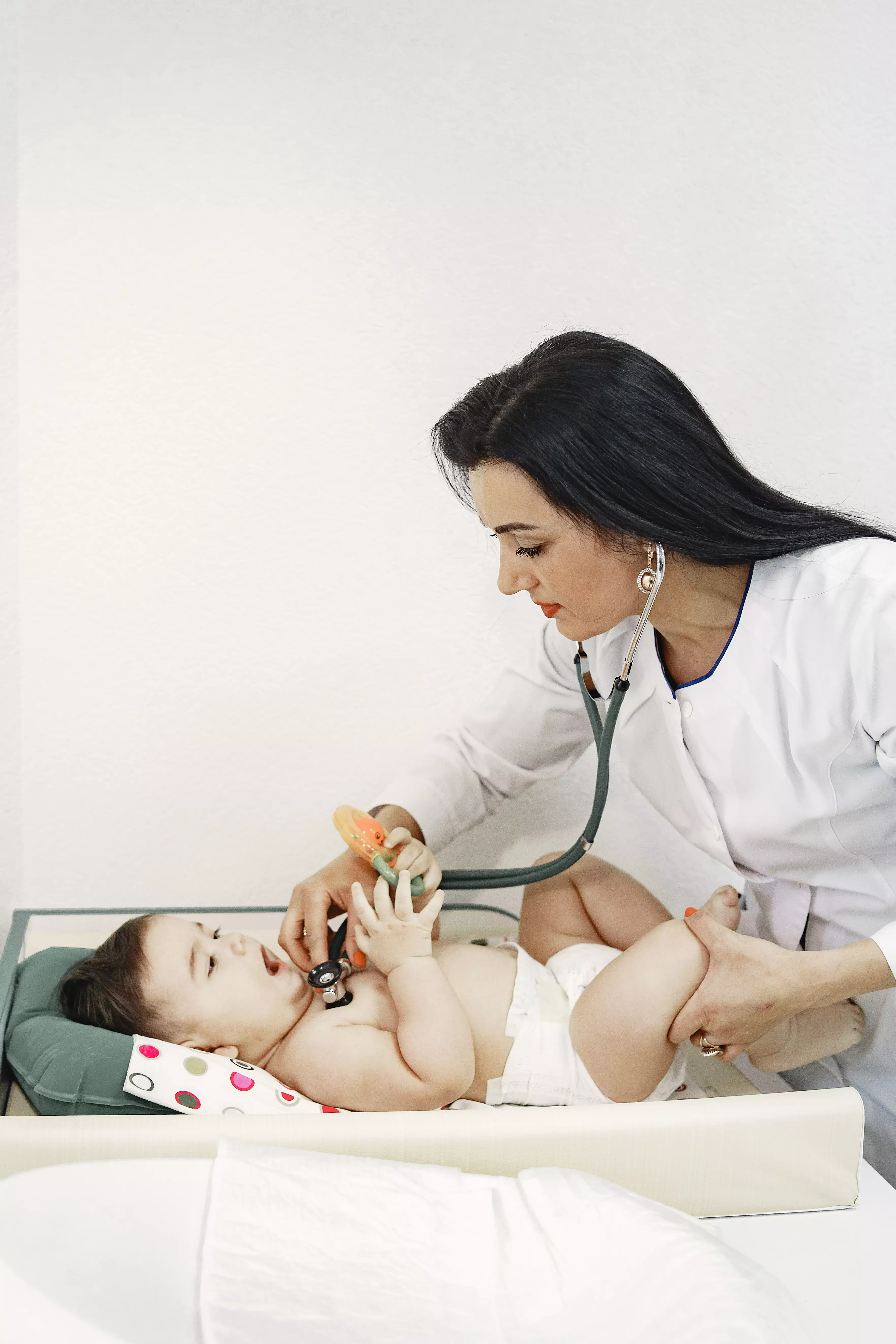Saving Children’s Lives with Rapid Response in Emergencies
Paediatric Transport and Retrieval Services are a critical link in saving young lives in an emergency

Dedicated emergency care services ensure swift and specialized care for children in critical situations. (Image by prostooleh on Freepik)
With children, emergencies can arise suddenly and with little warning, often involving a race against time, where delays in receiving appropriate care can lead to tragic outcomes. Whether it's a critical medical condition or a traumatic injury, the need for swift and specialised care is paramount. With over 25 million children being born each year in India, many in locations without neonatal intensive care facilities, there is a need to ensure these newborn babies survive and thrive. Many children, unfortunately, suffer due to delayed medical intervention due to challenges in accessing timely care.
Also, unlike adults, children have unique physiological characteristics that demand specialized care. Their bodies respond differently to illness and injury, and what may be a routine procedure for an adult can be complex and critical for a child. This is where specialised dedicated emergency care services, known as Paediatric Transport and Retrieval Services (PTRS) area game-changer, offering immediate, high-quality intensive care that can significantly alter the course of a child's recovery.These services are designed to provide rapid, expert medical attention to children in emergencies, bridging both the distance and time taken to transport the child from the site of the emergency to the specialized paediatric care facility.For example, a well-equipped and efficient PTRS can be the difference between life and death for children in cases of a severe asthma attack where immediate intervention can prevent respiratory failure. In traumatic injuries, rapid transport and expert care can be the difference between full recovery and long-term disability.PTRS are specialized teams equipped with the knowledge, skills, and equipment to provide advanced life support to children during transport. They play a critical role in ensuring that the child receives continuous, high-level care from the location of the emergency to the paediatric facility. These teams typically include paediatricians, nurses, and paramedics trained in paediatric care, and they operate with ambulances, helicopters or air ambulances equipped with paediatric-specific medical equipment.Paediatric Transport and Retrieval Services (PTRS) have multiple advantages that help save lives in an emergency. PTRS teams are on call 24/7, ensuring that help is available at a moment's notice. The teams consist of healthcare professionals with specialized training in paediatric emergency medicine.Their expertise ensures that children receive care tailored to their unique needs.The teams are fully equipped with advanced life-support systems, including ventilators, warmers, and machines for life-saving infusions. This ensures that children receive intensive care enroute to the hospital, maintaining their condition and increasing their chances of a full recovery. There is seamless communication and coordination with hospitals to ensure that there is a smooth transition with the hospital ready to treat the child on arrival. A PTRS must function efficiently and effectively in high-pressure situations. This requires continuous training so that personnel are up-to-date with the latest paediatric care protocols. The transport should be equipped with the latest advances in medical technology such as 5G, video consultations during transport, and cutting-edge life-support equipment.A recent first in India example of this was when PTRS saved the life of an 18-month-old baby boy from Goa who was suffering from pneumonia and acute respiratory distress syndrome (ARDS) and not maintaining oxygenation despite being on the highest ventilatory support. He needed to be urgently transferred to a hospital that could manage his condition.The child was put on ECMO, a process in which the blood is pumped outside the body to a heart-lung machine and oxygen-filled blood is sent back to the tissues in the body, maintaining oxygen while helping the lungs to rest and heal. He was transported to Hyderabad for treatment via an air ambulance. The child’s life was saved thanks to impeccable teamwork, round-the-clock intensive care specialist cover and excellent infection control practices by the Neonatal and Paediatric Transport services of the Hyderabad-based paediatric speciality hospital.Paediatric Transport and Retrieval Services are not just about saving lives, it is about giving children the best chance for a healthy future. For parents, such a system provides a sense of security, knowing that in the face of the unthinkable, expert care is just a call away.
This article was authored by Dr Preetham Kumar Reddy Poddutur, Sr Consultant Pediatrician and Pediatric Intensivist, Rainbow Children’s Hospital.
( Source : Deccan Chronicle )
Next Story

